Blockchain technology has gained traction across the industries. The cryptographic techniques, distributed messaging protocol, decentralized reconciliation processes, data protection, mutualized data, etc., has inspired the airlines to use this technology and change the way they do business.
In an airline industry, data sharing among many players and touchpoints is the rule. It involves everything from booking to arrival. The players include airlines, travel platforms, airports, immigration, hotels, car rentals, government, etc. In short, it is a distributed and complex web. Data reconciliation happens from behind the scenes at every touchpoint of a traveler’s journey.
With so many systems, airlines house data in several isolated systems including passenger service and crew management. Moreover, safety and security are of big concern apart from operational integrity and revenue generation.
If we consider the blockchain adoption in the aviation industry, we find several illustrations with positive benefit. To mention a few, they are:
The spending on blockchain solutions in the aviation industry is projected at around 754 billion dollars per year in digital identity management, industrial settlements, payments, procurement transformation, etc., IDC reports.
The Russian S7 Airlines monthly spend was $1 million in July 2019. It claims that the payments got faster and secure with less paperwork.
Singapore Airlines uses blockchain in its Kris Flyer program. Kris Pay is nothing but a digital wallet that helps to unlock the Kris Flyer miles value and enable daily spend for retail partners.
Let us see how Blockchain technology implementation would be the main factor for cost optimization and maximized efficiency in the aviation industry.
Use of blockchain technology in the aviation industry
Though the blockchain industry shows signs similar to the Internet initiative, the potential to create a disruptive impact is almost the same. As we use the Internet today, a day will come where we use blockchain. A few of the beneficial aspects of using blockchain in the aviation industry are as briefed below.
Ticketing
The blockchain can tokenize the massive database of e-tickets and dematerialize it further. By using smart contracts, airlines can add business logic, terms and conditions for selling the air tickets. This enables the industry to sell tickets through different partners in real time from anywhere in the world.
Loyalty
Traditionally, the loyalty schemes make the travelers wait until their points settle to redeem or use them. Moreover, there are limitations to spend them. With blockchain, the loyalty points could get tokenized wherein the travelers can redeem and get instant value.
Security and Identity
Blockchain protects data privacy concerned with passenger records, crew information, and flight manifests. Using blockchain is less risky as the data gets shared and managed through the authorized access requirements.
Maintenance
As blockchain provides an immutable record of the provenance from the beginning of the aircraft’s existence, the visibility is profound. It takes the maintenance, safety, and security practices to the next levels.
Ticket overbooking
The ticket overbooking problem can be mitigated easily through the use of blockchain. The smart contracts facilitate smart ticketing system and thereby eliminates the manual ticket issuance errors like overbooking. It increases the efficiency, accuracy and thus, trust among the passengers.
Baggage and Cargo tracking
Blockchain facilitates immutable tracking of the location and status of passengers’ bags and cargo because these assets keep moving from the moment of deposit. Blockchain improves transparency and enables passengers and authorities to track their luggage across the chain.
Moving forward, let us know how you can contribute to the blockchain industry.
Blockchain showcases great opportunities to secure and manage data, not only in the airline industry but also in other industries. If you aspire to contribute for one of the fast-growing industry 4.0 technologies, blockchain, then it is advisable to earn a blockchain certification.
Being a certified blockchain expert, you can understand the technology profoundly and build blockchain-based applications for businesses.




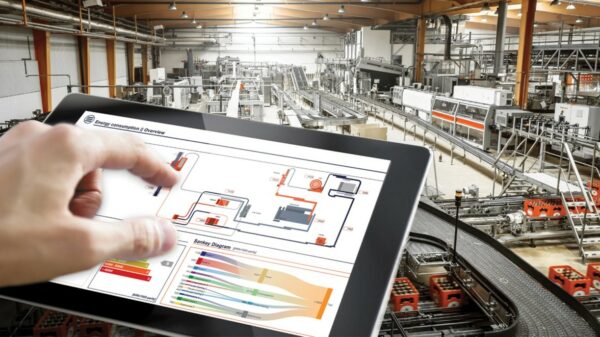
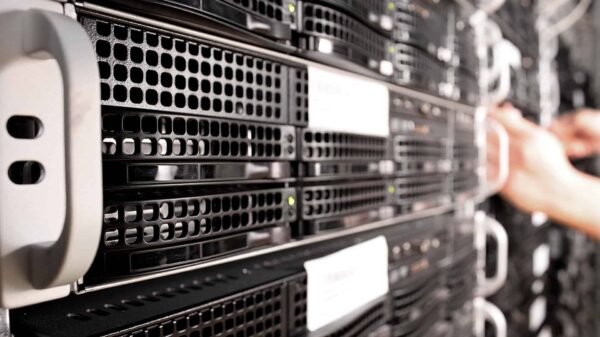
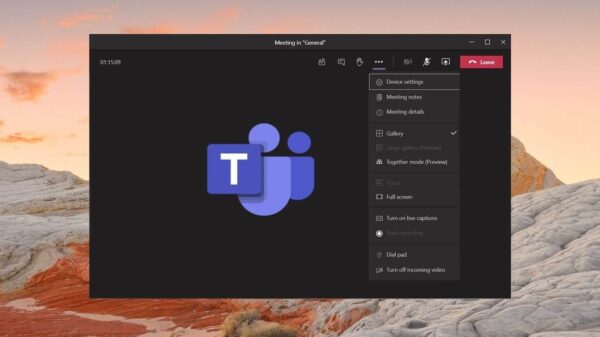



















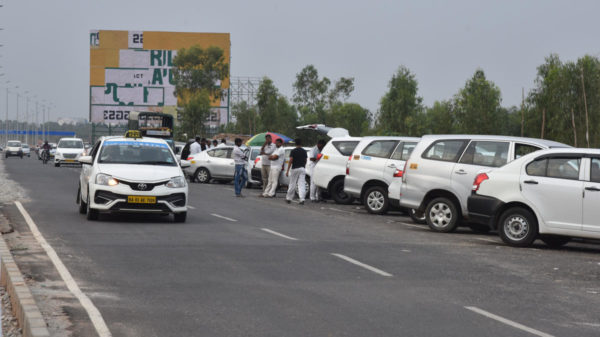







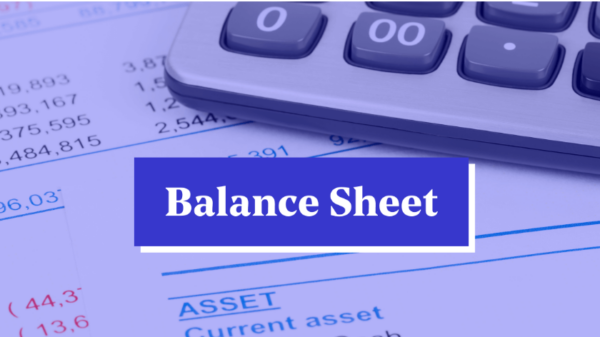




























You must be logged in to post a comment Login